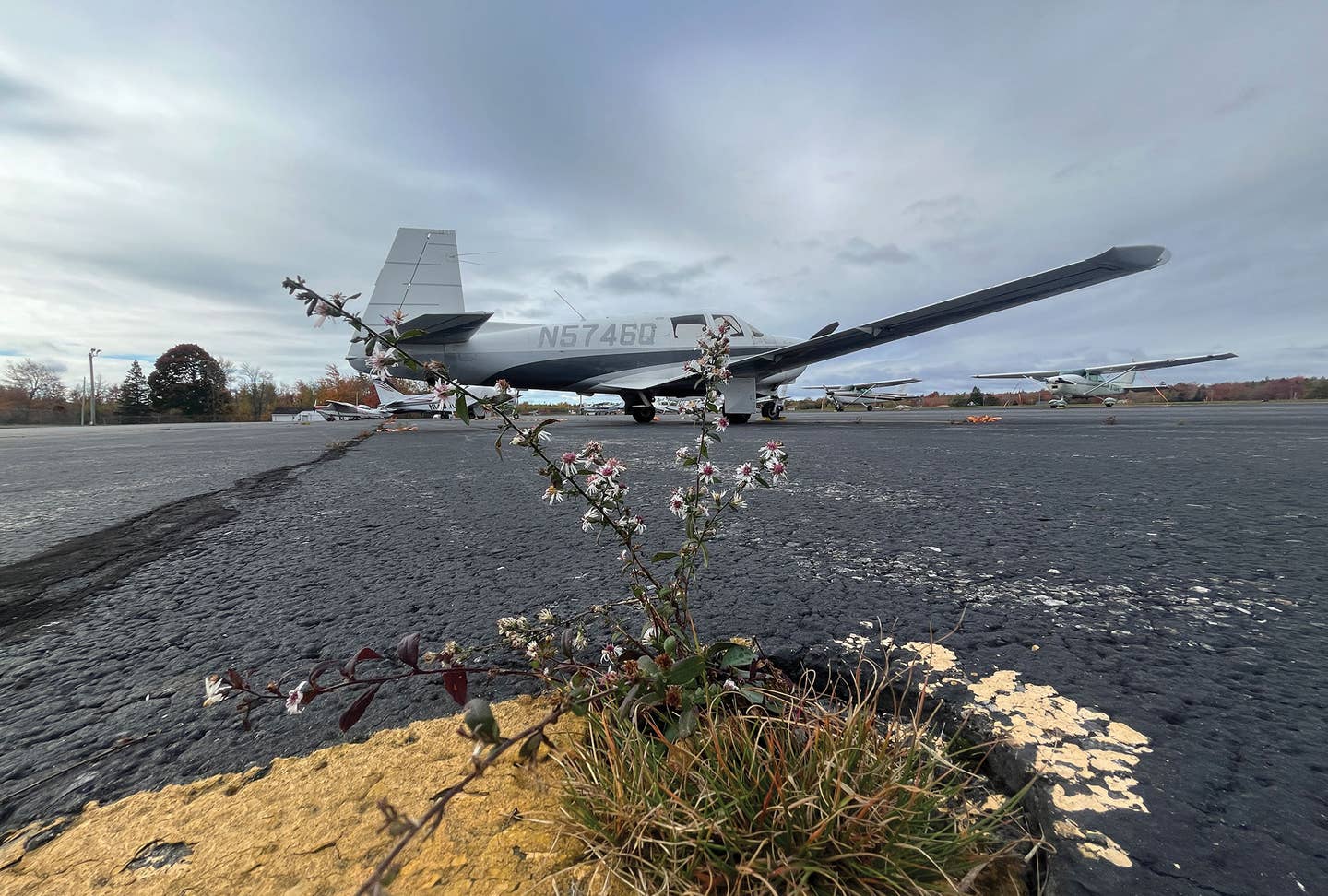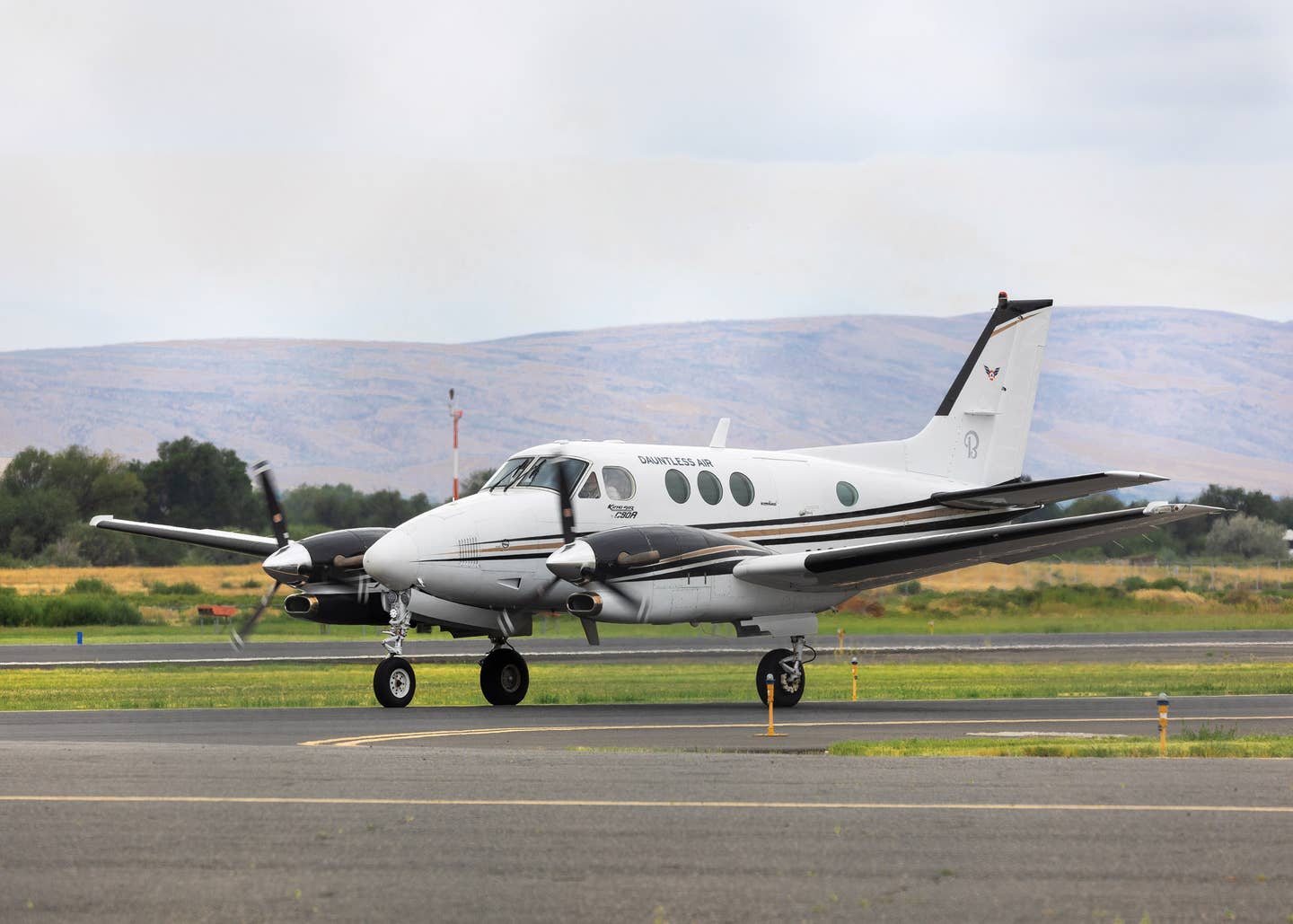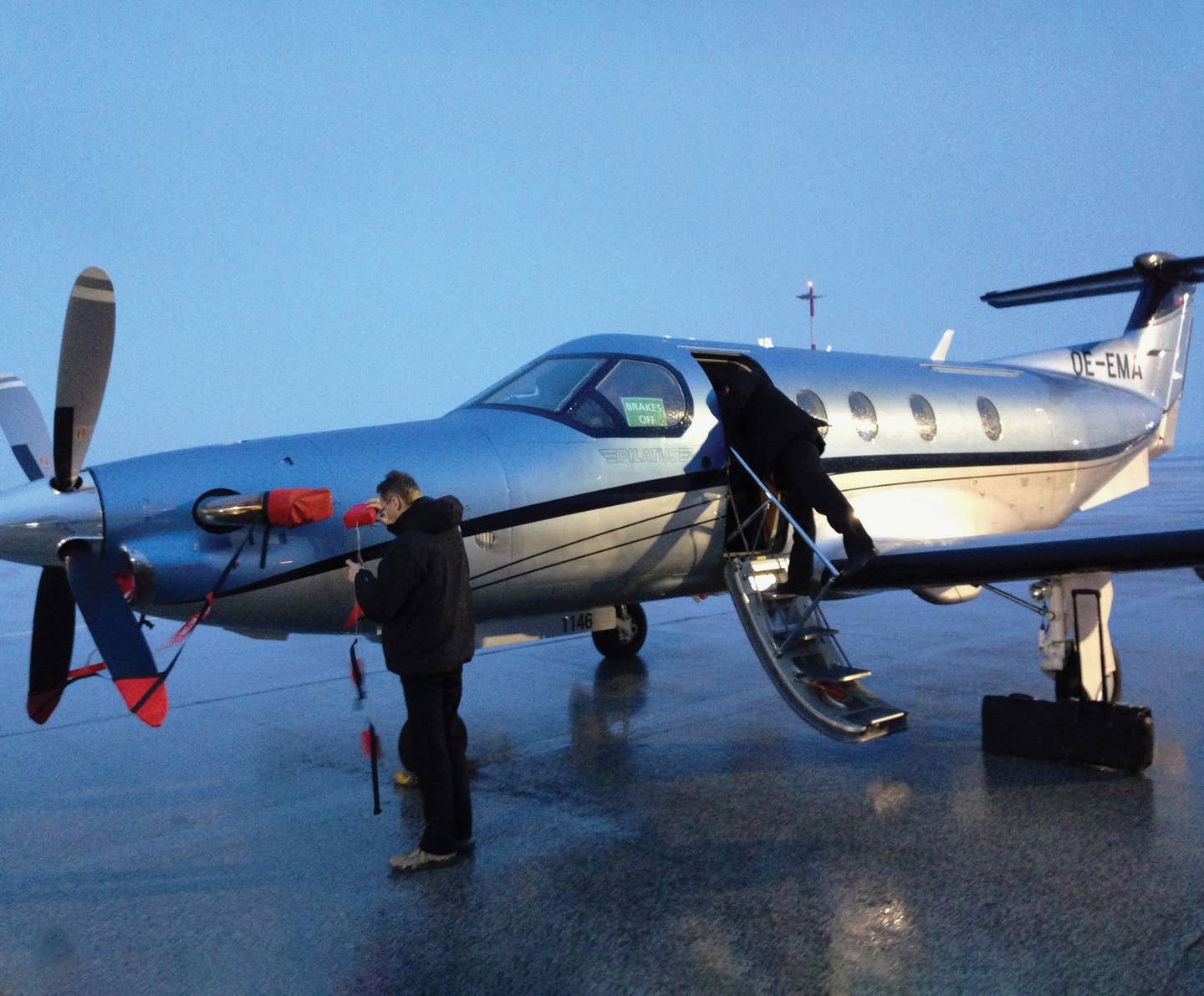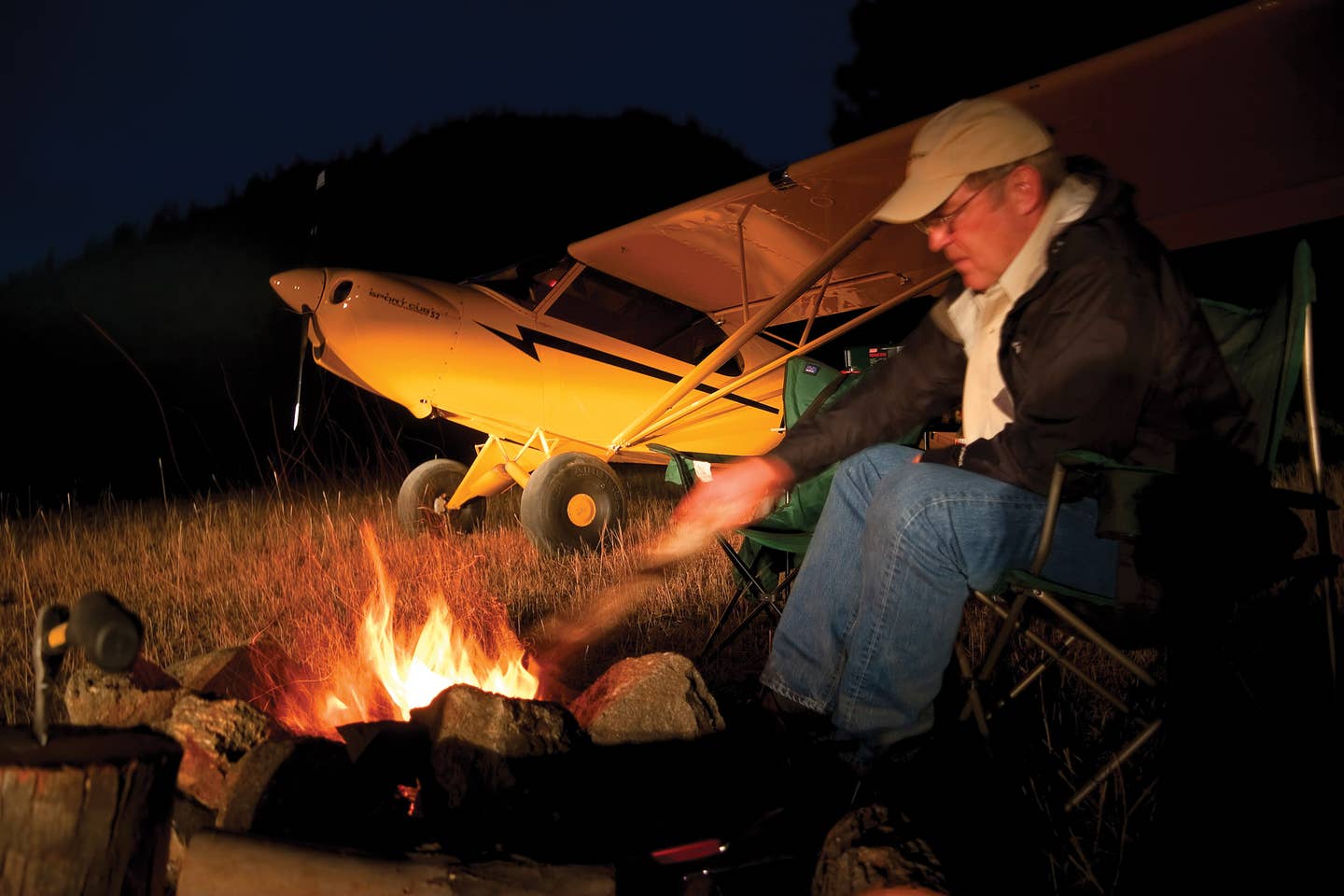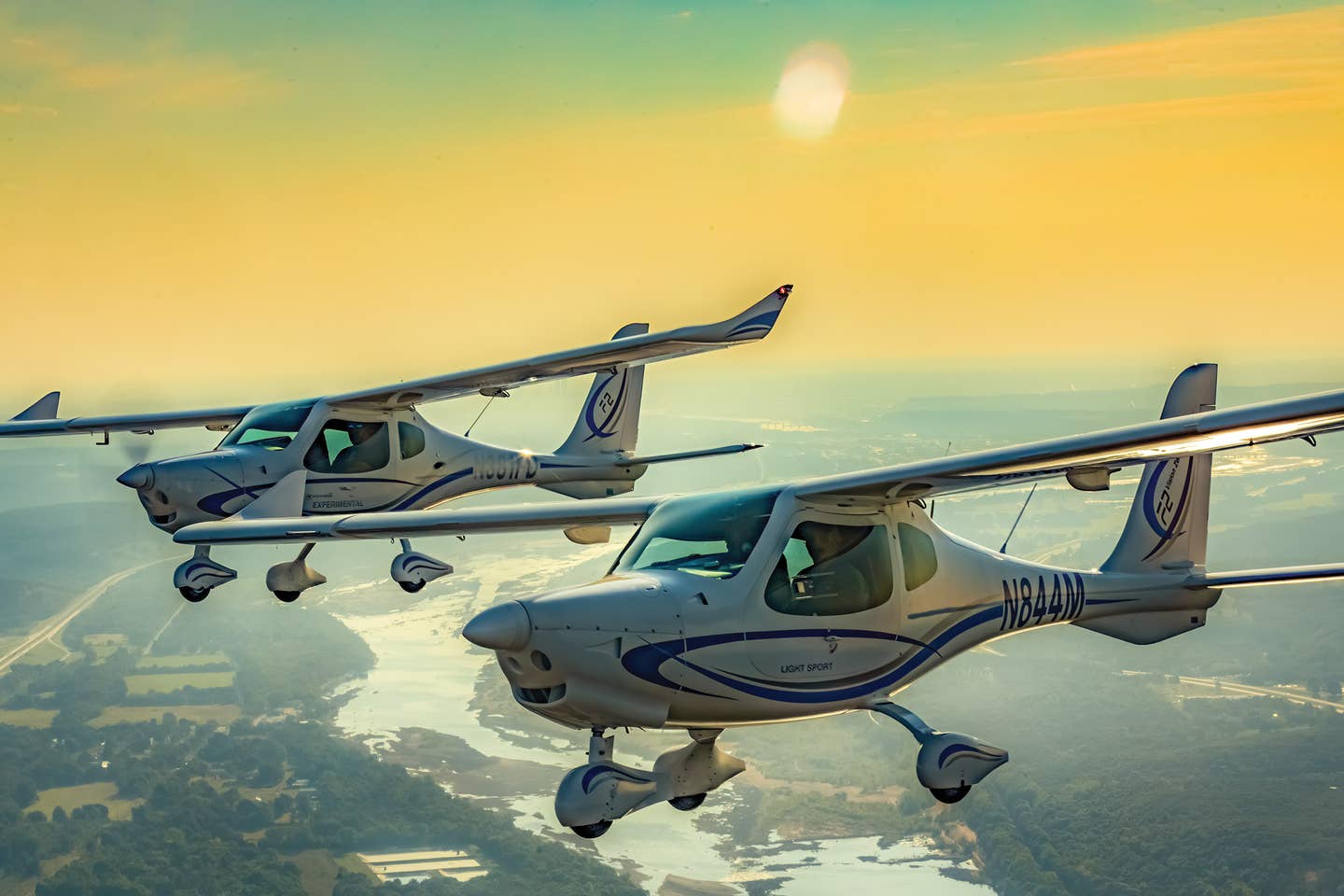Accident Brief: Fatal Piper PA34 Seneca Crash
Two people died when their planes crashed head-on in Miami, Florida
A low-wing multiengine airplane departed the airport on an evaluation flight in the local training area with a commercial pilot candidate and designated pilot examiner onboard. The student pilot and a flight instructor onboard a high-wing airplane were returning to the same airport on a cross-country instructional flight. About 6 minutes after the low-wing airplane departed, the airplanes collided nearly straight-on about 1,500 ft mean sea level and 9 miles northwest of the airport. At the time, the low-wing airplane was clear of the Class D airspace and no longer communicating with air traffic control (ATC). One of the pilots in the high-wing airplane had contacted ATC just before the collision. The controller acknowledged the transmission and issued a traffic advisory, but no further communications were received. Neither airplane was equipped with a traffic information system, nor were they required to be.
An aircraft performance and cockpit visibility study revealed that both airplanes would have remained relatively small, slow-moving objects in each other's windows until about 12 seconds before the collision, and subsequently grown in size suddenly; however, it is likely that none of the pilots saw the other airplane given that radar data does not indicate that either airplane performed evasive maneuvers to avoid the collision No preimpact mechanical malfunctions were identified with either airplane. Toxicology testing identified low levels of delta-9-tetrahydrocannabinol (THC) and metabolites in the high-wing flight instructor's blood and urine. Their presence indicates that the instructor had used marijuana at some time before the accident, but it is unlikely that the psychoactive effects of THC remained or contributed to the accident.
Probable cause(s): The failure of both pilots in both airplanes to see and avoid the other airplane as they converged nearly head-on at the same altitude.
NOTE: The reports republished here are from the NTSB and are printed verbatim and in their complete form.
Are you an aviation enthusiast or pilot? Sign up for our newsletter, full of tips, reviews and more!

Subscribe to Our Newsletter
Get the latest Plane & Pilot Magazine stories delivered directly to your inbox

